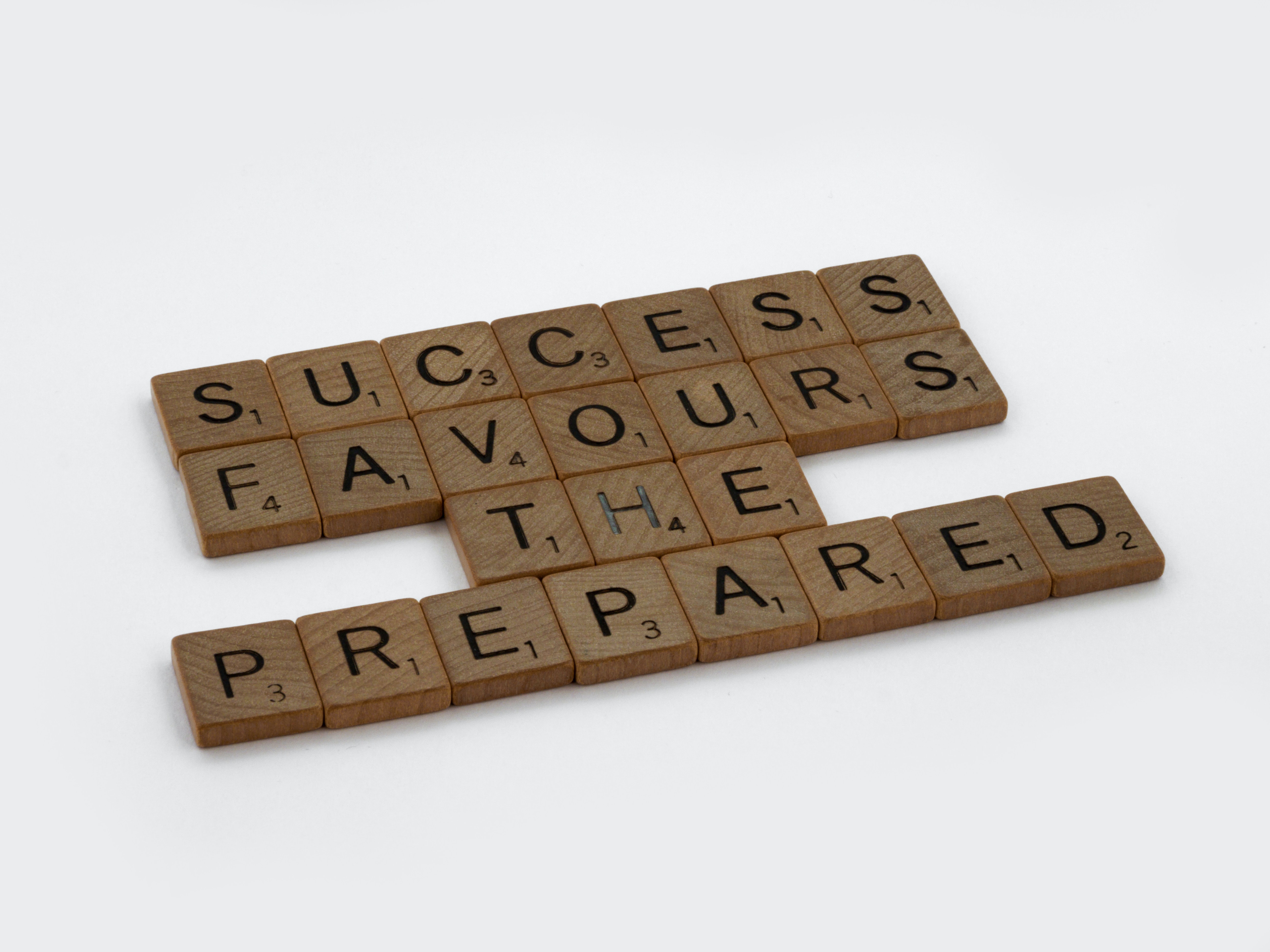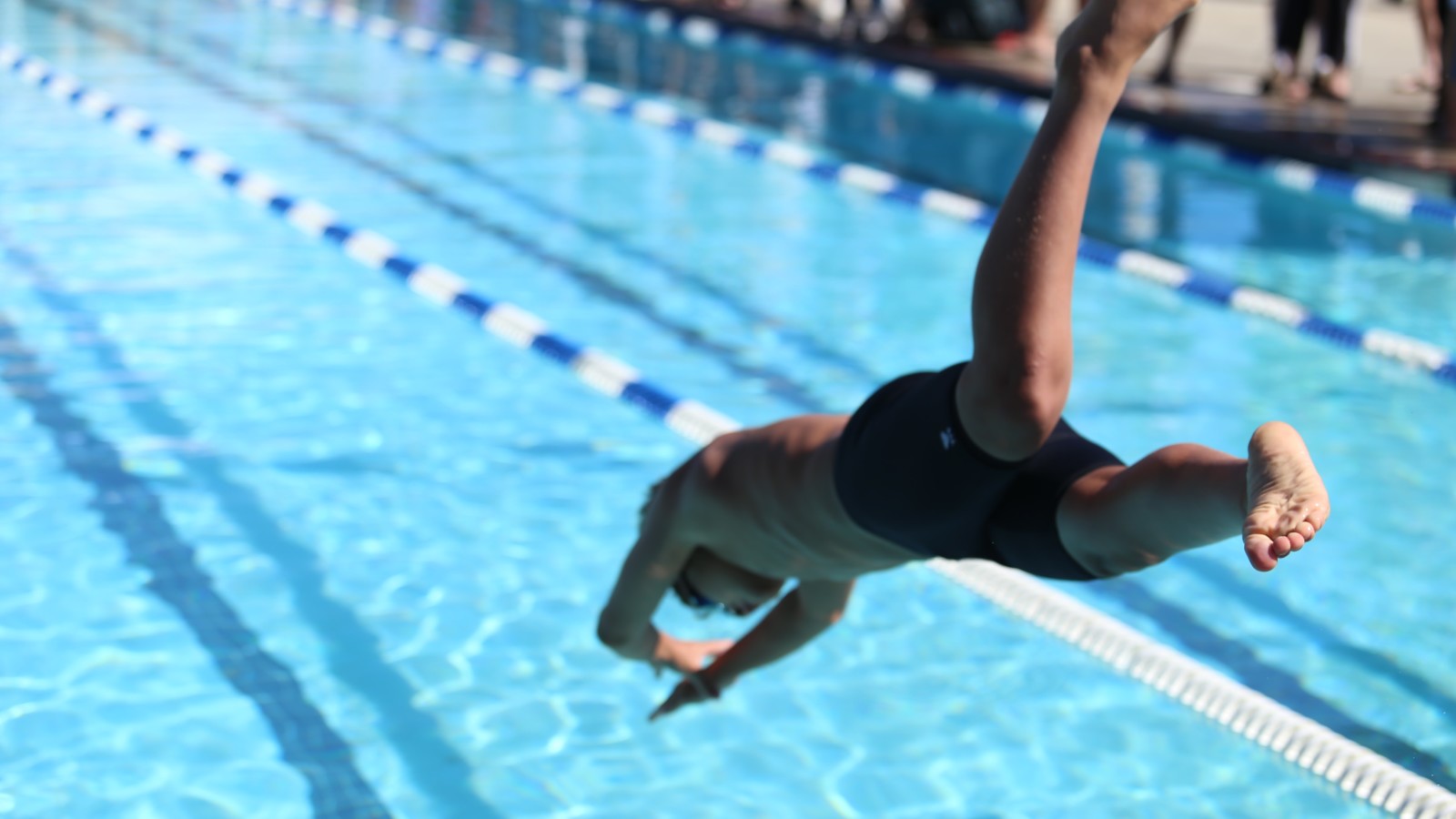When you enter a contest or when you are in a situation where competition is involved, what do you tend to focus on?
How many of us have a tendency of focusing on winning only? How many also thought of losing?
How many of us extends to think about learning from the probable loss, with the intention to keep trying so we increase our chances of winning over time?
The Story In and Out of the Pool
On September 26, my son, Freddie, who just turned 7, took part in his first ever swimming competition. He had no idea what he was going to expect on the day. That said, for a few days running up to the competition day, instead of asking me how hard or fast he ought to swim, he kept on asking: “Is there going to be a trophy or a medal if I win?”. For a 7-year-old, it was clear that we don’t have to teach children how to win. It seems like it is part of our human nature that we expect and hope to win!
As I was crafting my responses to my son, I set clear intentions on how I would respond to his repeating question. Specifically, I used followed-up questions to create learning moments to prepare him mentally that he most likely would have to learn to cope with a loss and to learn how to grow from it to try again so his chances to win in the future increase through him staying opened to keep preparing himself with lots of practice, learning, and self-care; and keep showing up in future competitions.
Some of the questions I asked him include:
- What do you think you need to do to win?
- How many times can one person be a winner?
- What might you think about you if you don’t come first?
- When you are in the pool in one of the six lanes, are you swimming with or against others?
Whenever I spotted the blank stares on his cute little face, I seized them and fed him with learning moments using these words:
- Have fun, experience it, do what you have been practicing in lessons, and go for it!
- More than once. If not this time, there is next time!
- Ask yourself: “did I show up?”, “did I start and finish?”, “did I give my best?” – if yes, praise yourself!
- You are swimming with them, with a focus to beat your previous best time (even though he hadn’t created his yet).
With all these, Freddie was emotionally equipped to go into the pool. I initially only signed him up for 100M Freestyle, but it turned out that he was also registered to do 100M Individual Medley. What?! How could this be?! Is he going to do it?!
We exchanged our surprised feelings when we saw the schedule, had a few words, Googled quickly to learn about the stroke order for Medley. Then we looked at each other through our eyes and said: “let’s do it!”.
During warm-up, Freddie for the first time incorporated flip-turn and under dolphin kicks to win him some pace plus rest his arms for a few quick moments before charging ahead after each 25M. In both events, he dived into pool at the start and went lap by lap. He put his practice and learnings from lessons to work – freestyle, breaststroke, backstroke, and butterfly. Added into the mix were his flip turns and under dolphin kicks after each 25M.
He was nervous, he was tired, he was slower than the other more skilled and experienced swimmers. But he didn’t give up. Stroke after stroke, kick after kick, he kept on going until he hit the wall in the finishing lap. He did them all! For the first time ever, he created his own record time for 100M Freestyle and Individual Medley. I am so proud of him!
What amazed me was that it wasn’t just me as a parent who was proud of him. The children and other parents by the pool, were all cheering for his resilient spirit to try and finish both events for the first time. The cheer for him was loud, with a few parents came forward with “thumbs up” and comments such as “that’s amazing!”.
Him hearing the celebrations and such encouraging comments first hand by himself was remarkable. As we left the pool and waited for the elevator to get to the changing room, he said, “I think I came last, but I didn’t fail”. I was surprised by his words. I smiled and responded back whilst patting on this back, “I am so proud of you”.
Reminders from a 7-year-old
This experience is a beautiful reminder to many of us as individuals, as parents, and as leaders about preparing us to win:
- Winning is hard and it’s not guaranteed – It’s unlikely that we win in our first attempt. To win requires relentless efforts, learnings, practices, focus to want it, and our courage to show up to give our best in that present moment.
- To win involves losing – In a competition, the probability of losing is much higher than winning. Whilst we all want to win, our chances of winning will only increase when we learn how to manage losing and setbacks. The worry comes when the feeling of “I am not good enough” stays with us for far longer than necessary. This emotion can have lasting impact on us which discourages us from trying again.
The Bigger Message
Above all, winning is rare and it is possible. It’s a moment that happens when we perform better than everyone else who shows up at the event. It is impermanent, that it comes and then goes in a split moment, so much that if we don’t become better in the next event, the win will belong to someone else. Because it is so fragile and hard to get hold of it, it is very attractive and many of us want it!
As we aim for it, let’s also make sure that we are prepared to pay the price it takes to win.
When we choose to want to win, mastering the process to get there is critical. Preparing ourselves to win demands our focus on consistent efforts that is fueled with courage, grit, emotional agility, and growth mindset. More importantly, our ability to pick ourselves up when we don’t yet win is the GOLDEN KEY that can get us closer to winning. Our physical and spiritual energies need to come together in full synchronization so that we are prepared to chase and hopefully catch the win momentarily.
My Moment of Gratitude
My 7-year-old boy not only amazed me on September 26, but he also reminded me that to win, we need to become comfortable with losing, and to leverage our ability to fall forward to move onward and upward. Thank you Freddie for this learning moment. I am truly grateful for being connected as parent and child to grow together.



